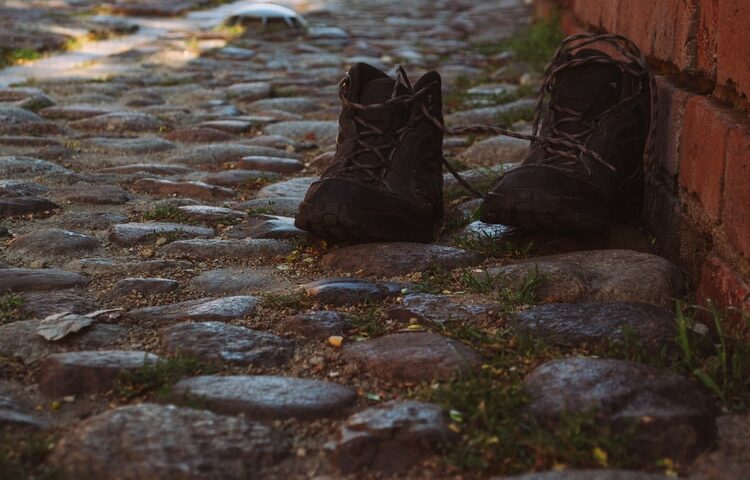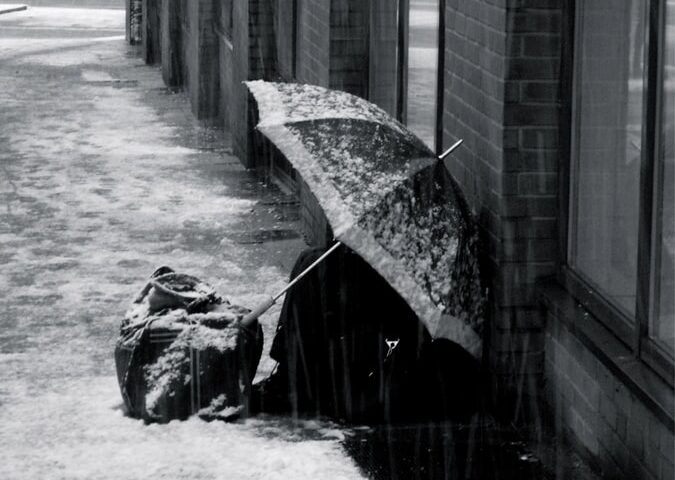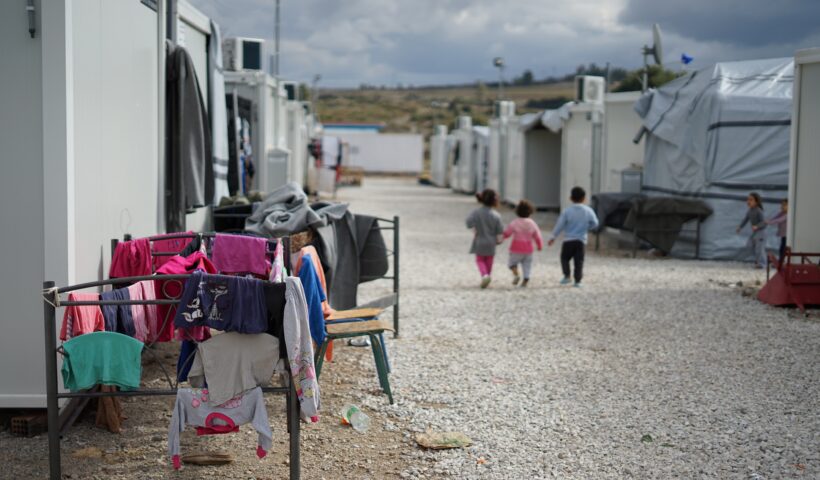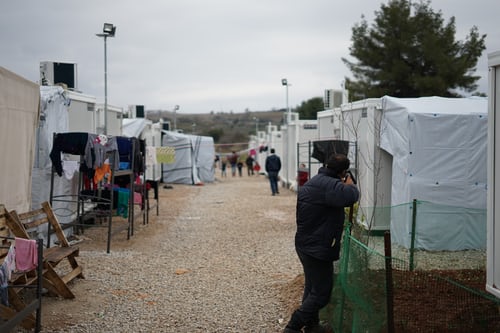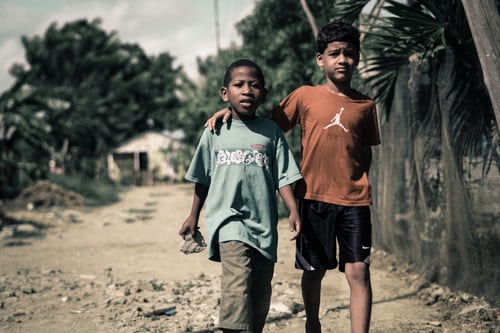Special Issue: Contemporary Representations of Homelessness Editors: Julia Ditter, Liam Harrison and Martin Goodhead From theorizations of transcendent homelessness to contemporary narratives of displacement in the wake of war and…
View More Alluvium Editorial 8.3: Contemporary Representations of HomelessnessCategory: Issue 8.3 – Special Issue “Contemporary Representations of Homelessness”
The Post-Millennial Rise of British Homelessness Literature
Approximately as many full-length novels and autobiographies written by British authors about or largely featuring homelessness were published in the last two decades as in the 50 years between 1950 and 2000. Homelessness seems to be growing in the public and cultural consciousness, and it remains a persistent and pressing issue.
View More The Post-Millennial Rise of British Homelessness LiteratureHomelessness, Borders, and the Displaced Youth: Understanding Young Refugees through Fictional Narratives
By Anindita Shome Content warning: contains descriptions of graphic violence and sexual assault Fictional narratives can play a critical role when it comes to understanding…
View More Homelessness, Borders, and the Displaced Youth: Understanding Young Refugees through Fictional Narratives“The transient vigor of a man”: Home and Homelessness in Marilynne Robinson’s Home
By Dr Ben Screech Give me a home where the Buffalo roam Where the Deer and the Antelope play; Where seldom is heard a discouraging…
View More “The transient vigor of a man”: Home and Homelessness in Marilynne Robinson’s HomeDisabled and Deprived: Reading Refugee Narrative in the Light of Disability
Refugee narratives revolve around the intertwined themes of violence, coercion, deprivation, and ultimately the death of humanity. Furthermore, these narratives are built around the motifs of escape from socio-political menace, accompanied by a journey of survival.1 However, these interminable journeys are marked by injuries and casualties: “For the refugees who survive there is significant risk of injury, abuse, and torture during these journeys” (McPherson 1239). The physical and mental assaults upon some of the refugees, and their dire conditions, cumulatively result in disability. The most vulnerable section of a refugee community is predominantly composed of women and children. This essay attempts to address how literature negotiates the onset of disability ensuing from the refugee crisis and forced migration.
View More Disabled and Deprived: Reading Refugee Narrative in the Light of DisabilityWhere Childhood Ceases: Media Representations of the Homeless Street Children of Mumbai, India
Countless imaginaries within popular culture, across literature and film, capture childhood innocence and unbridled hope. Lacking any inhibitions or fear of judgement, and expressing themselves freely, children reflect a parallel dimension that has not yet been corrupted by the malign forces of the world. A child’s reality is essentially rooted in the support systems they have within their small circle of family and friends. The home, in this regard, is their anchor and the crux around which their identity and sense of self revolves. But what happens when this structure itself is uprooted and spun around on its head? This is a crucial question within the context of India, which has 18 million children that do not currently have a home and are often called ‘street children’.
View More Where Childhood Ceases: Media Representations of the Homeless Street Children of Mumbai, India
